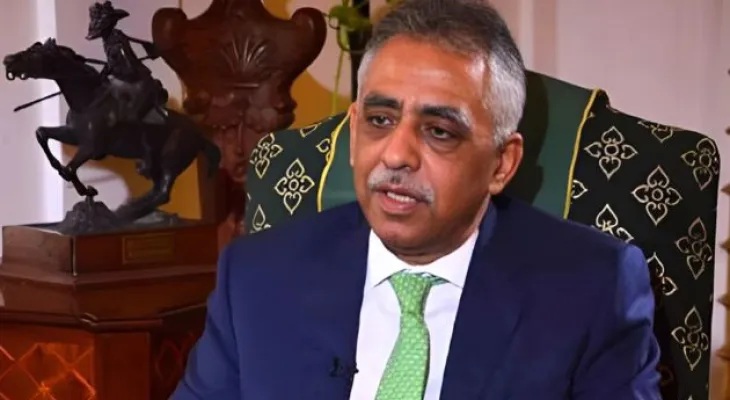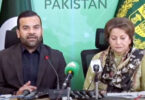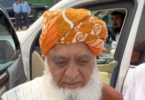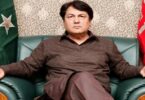F.P. Report
KARACHI: Former Sindh governor and senior leader of the Pakistan Muslim League-Nawaz (PML-N), Muhammad Zubair, has announced his resignation from the party.
According to the report, Zubair said he currently has no intention of joining another political party.
However, he indicated that he will soon reveal his future political plans. “Politicians cannot remain silent for long,” he added.
Zubair previously served as the spokesperson for both PML-N President Nawaz Sharif and Punjab Chief Minister Maryam Nawaz.
The politician has been critical of the incumbent government, formed after the February 8 general elections. Recently, he expressed dissatisfaction with the party leadership, comparing his position to that of former prime minister Shahid Khaqan Abbasi.
When former Rawalpindi Division Commissioner Liaquat Ali Chatha alleged that the election results were manipulated, Zubair urged the PML-N to “publicly accept defeat” and allow the country to move forward. However, Chatha later retracted his claims.
In April, Shahid Khaqan Abbasi approached the Election Commission of Pakistan (ECP) for the registration of a new political party.
Abbasi arrived at the ECP office in Islamabad today where he submitted an application for the registration of the new political party. Along with the application, he also submitted the required documents.
“We’re registering the party as per the Election Act 2017. We will actively participate under the banner of this party in the next elections,” he concluded.
Similarly, another former PML-N disgruntled leader, Miftah Ismail, last month, confirmed to form a new political party.
In an op-ed published in an English-language daily, he announced forming the new party, which has yet to be named.
Speculations were doing the round that disgruntled PML-N leaders Miftah Ismael, Shahid Khaqan Abbasi and former PPP Senator Mustafa Nawaz Khokar were forming a new political party.
In his op-ed, Miftah said that the new party would be of “a different kind” and its leadership would comprise of “women and young people” and would also constitutionally mandate term limits for party leaders.
He added that the party would avoid targeting one province or ethnic group and would not rely on the dynastic or family politics that dominated its contemporaries.







